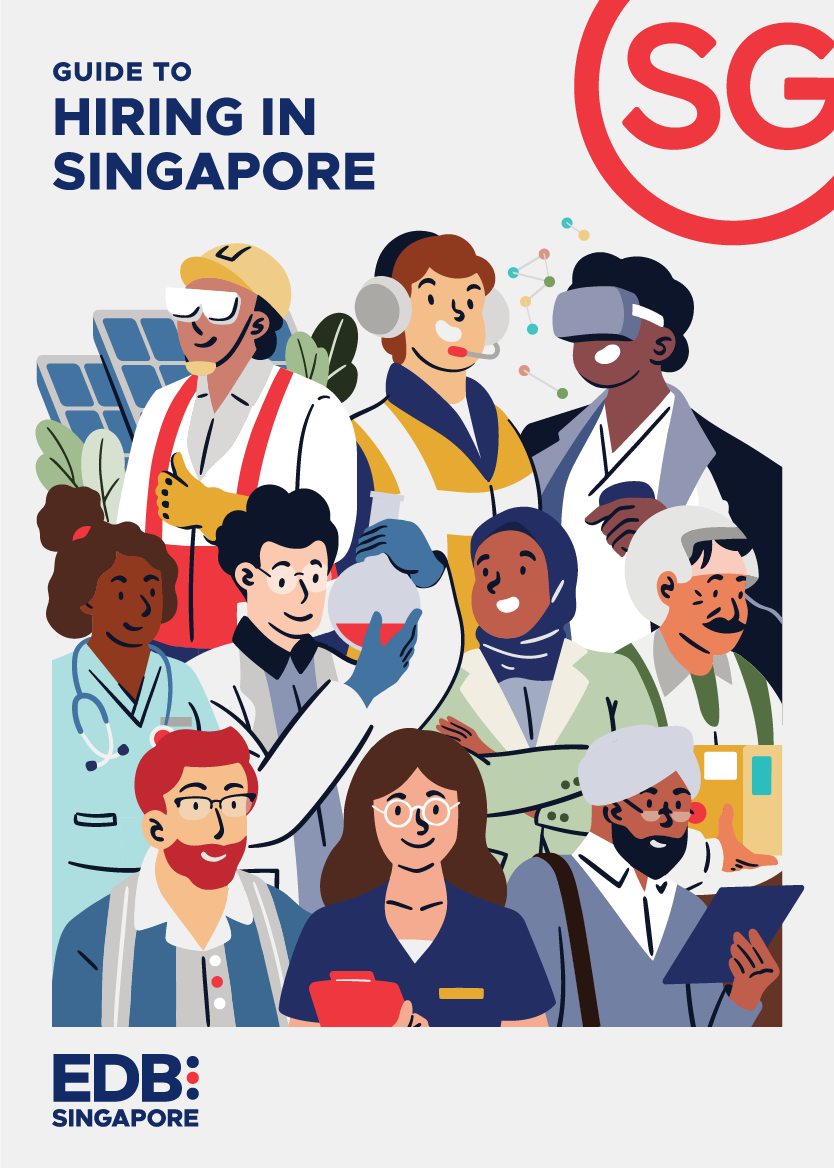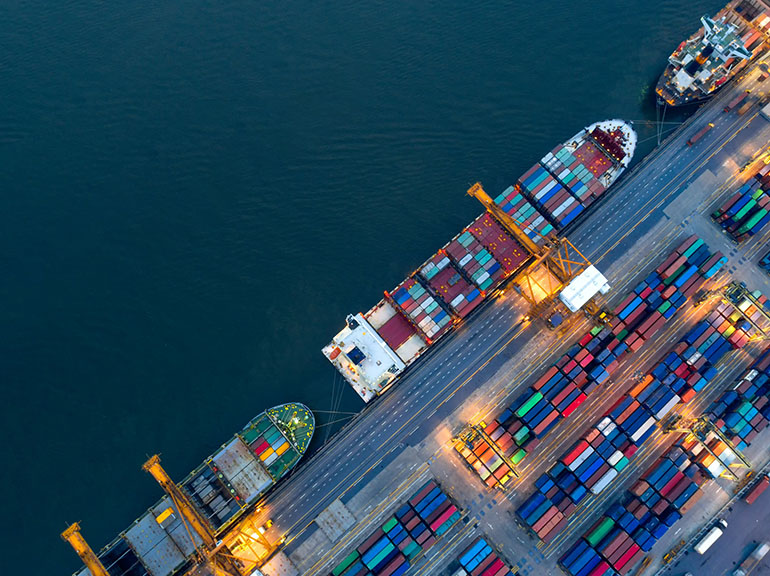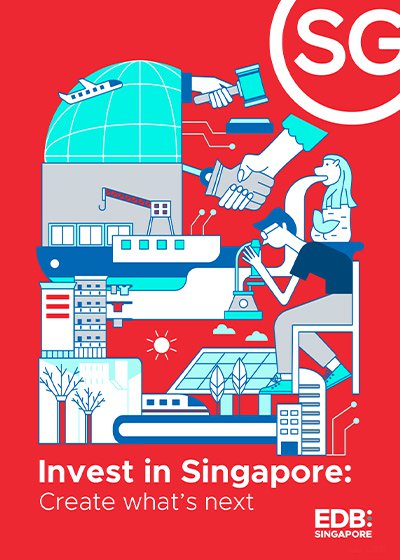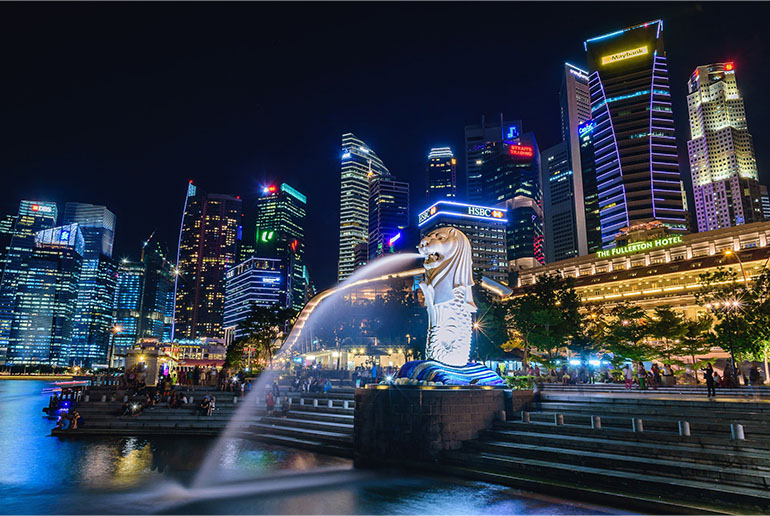Nick Nash, managing partner and co-founder of venture capital firm Asia Partners, keeps a close watch on business in Southeast Asia, and he’s seeing some noteworthy trends. Multinational companies doing business in the region are flourishing. And some of the biggest success stories, he said, have something rather interesting in common: They’re opting to expand their operations to Singapore.
Tech giants are using Singapore as a key node in the region, but the trend isn’t confined to sector or scale. From startups to multinational enterprises, from fintech to agri-food, foreign companies are setting up outposts in the island city-state. According to Nash there are “all sorts of good reasons” for this, from access to one of the world’s most impressive talent pools to establishing a foothold in the Asia-Pacific market’s gateway city to game-changing governmental support.












